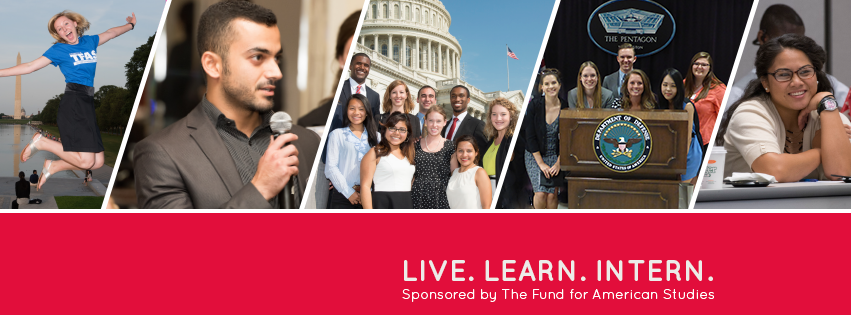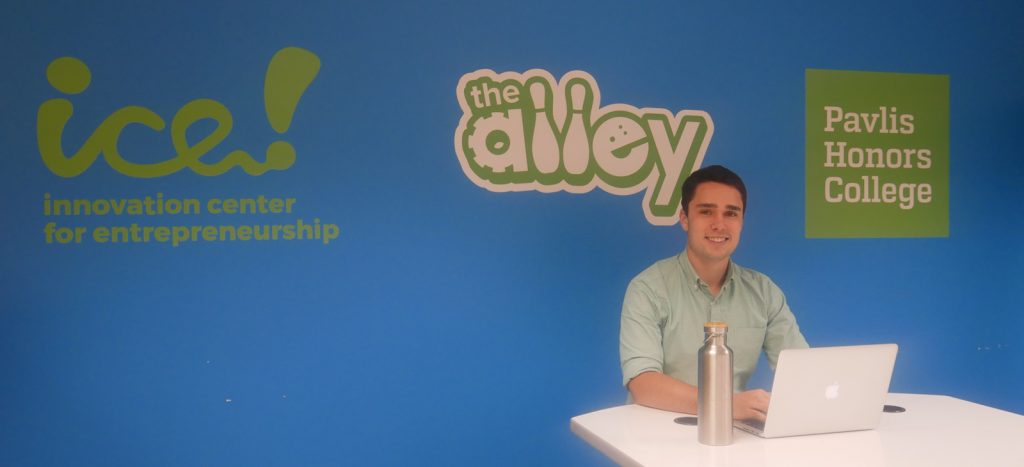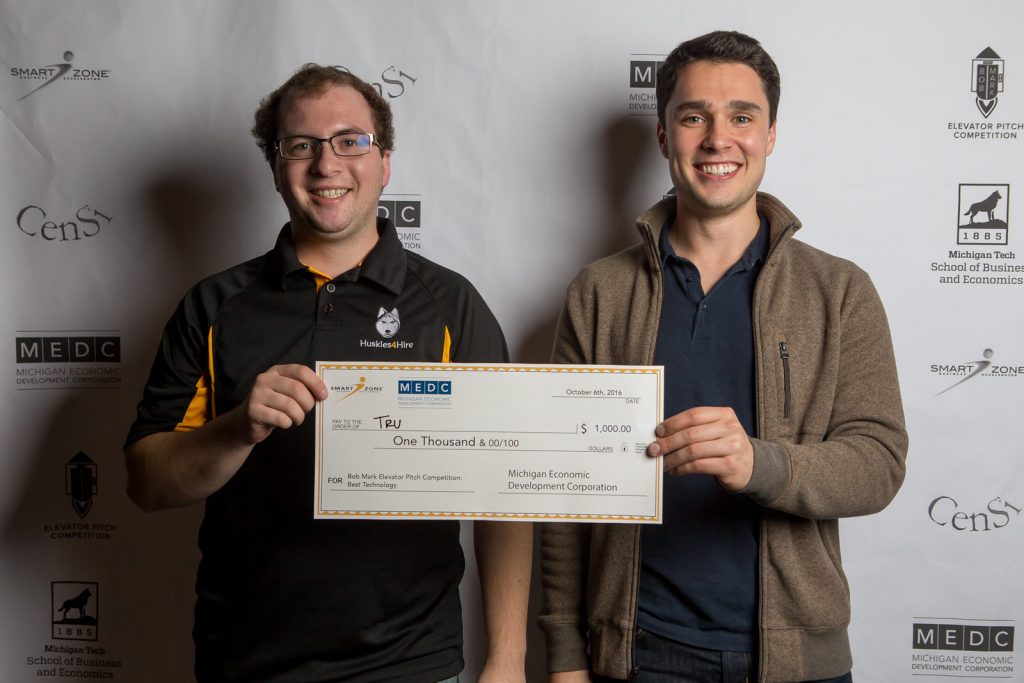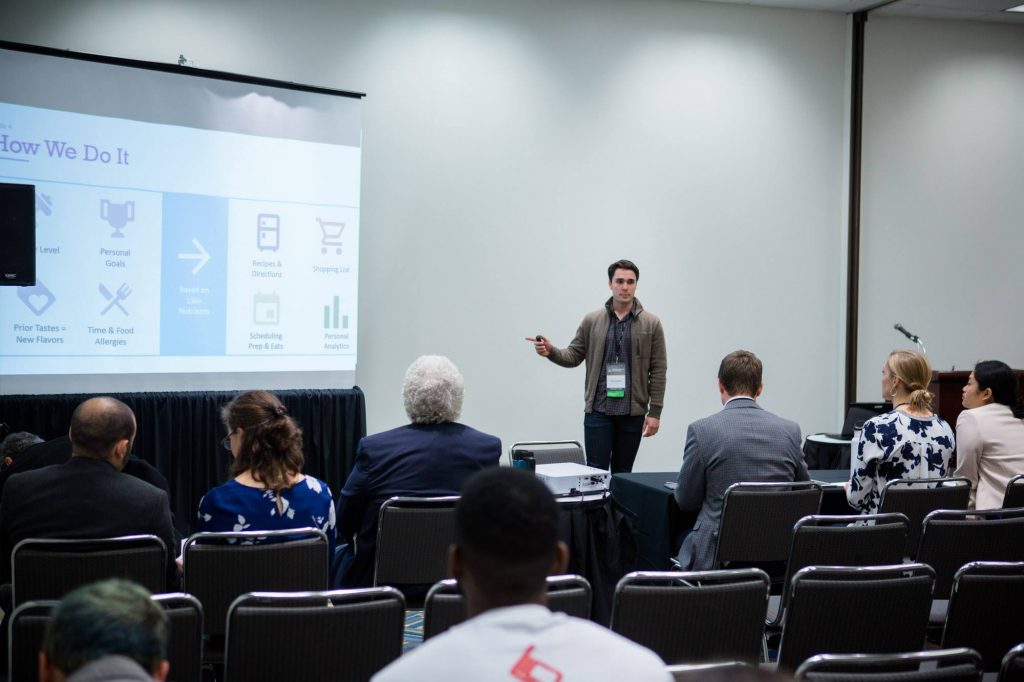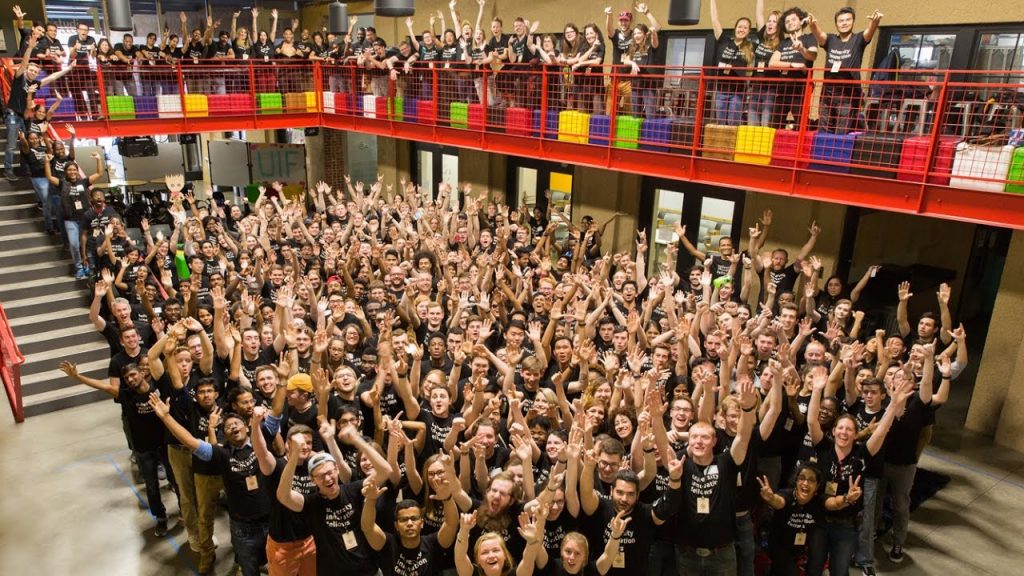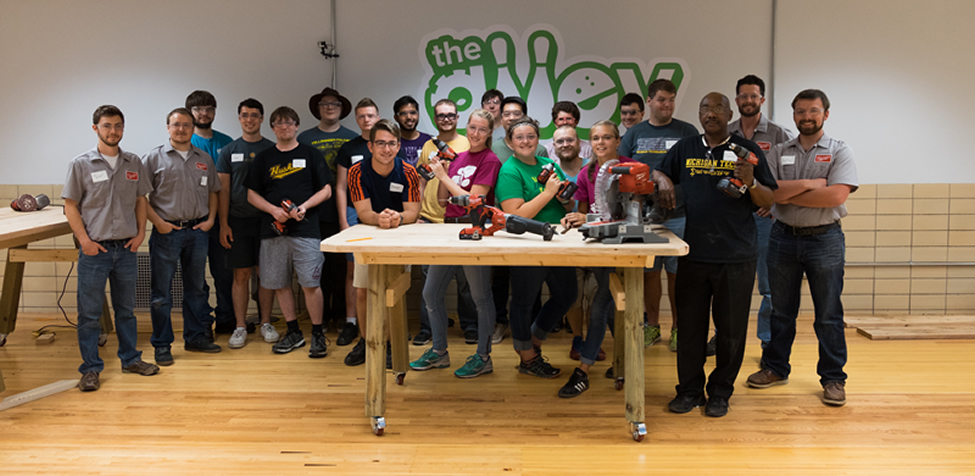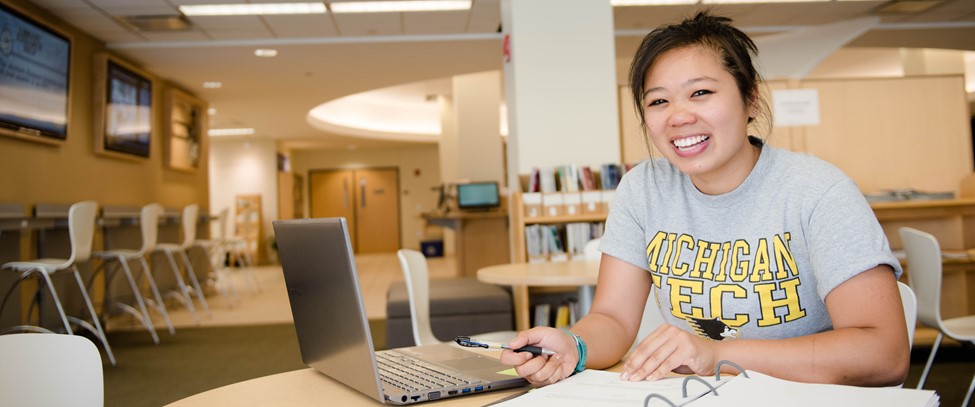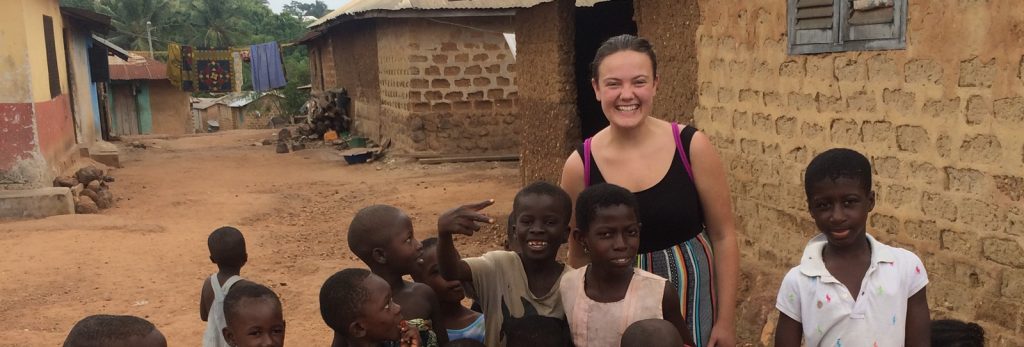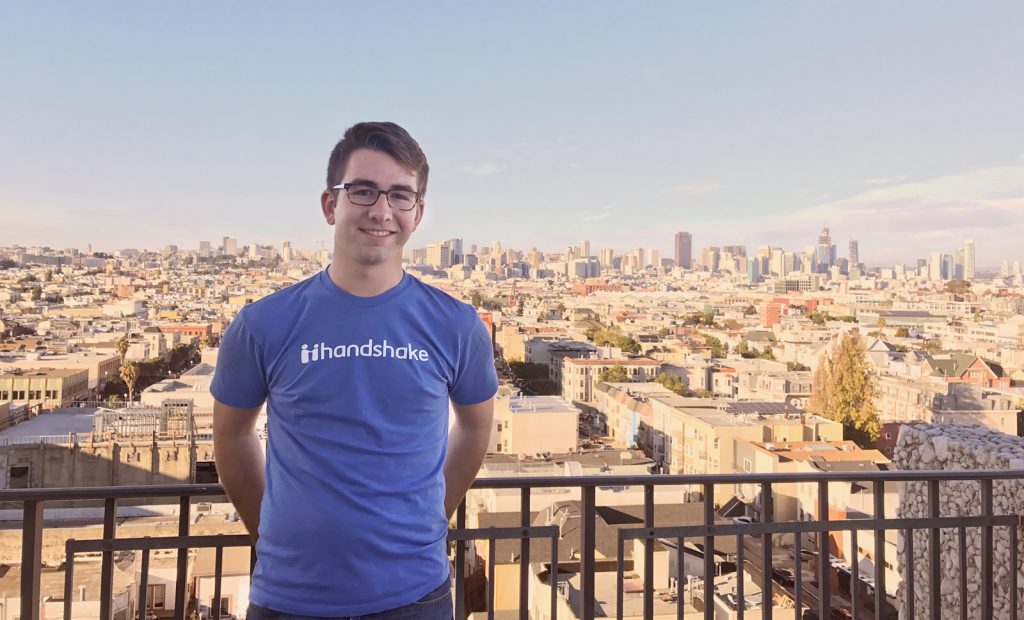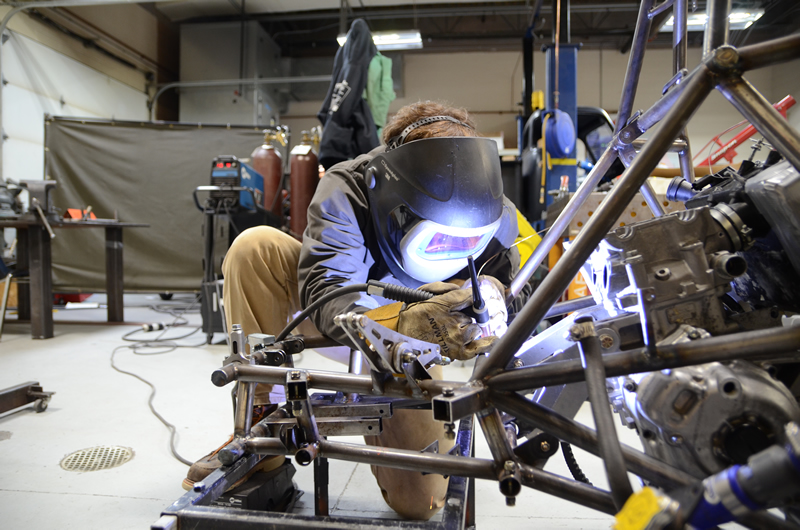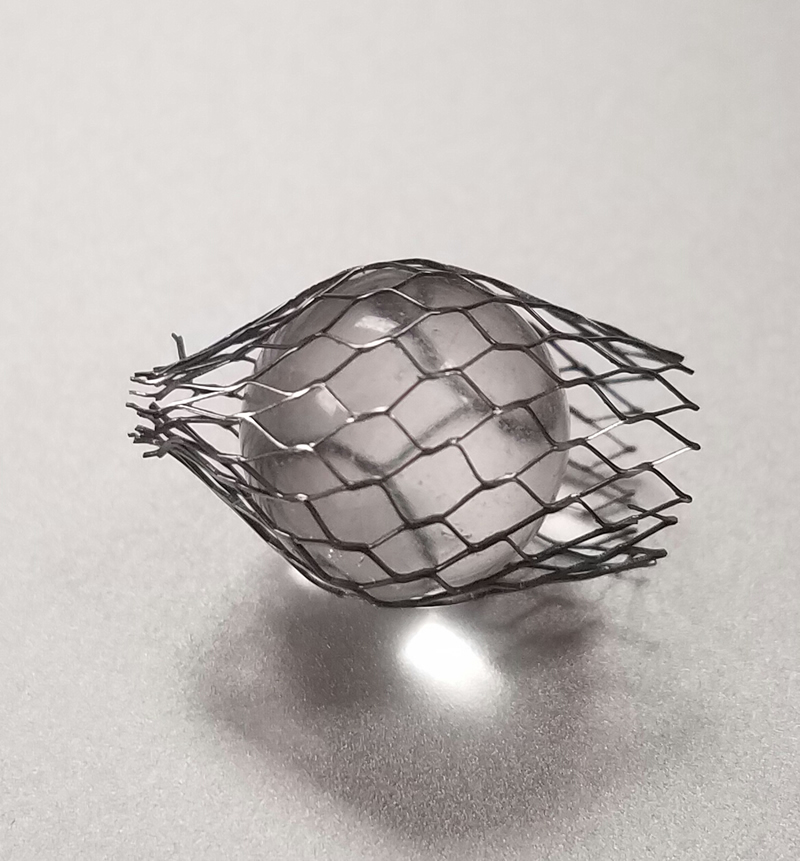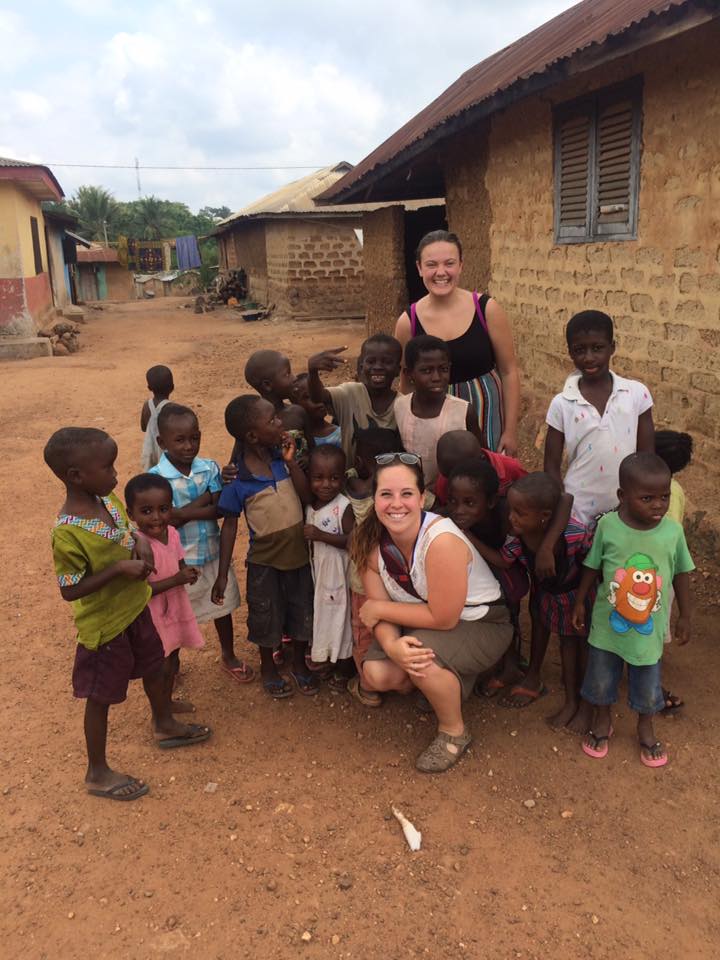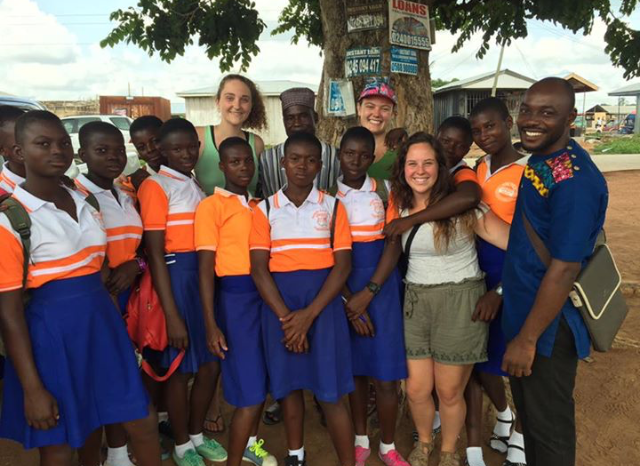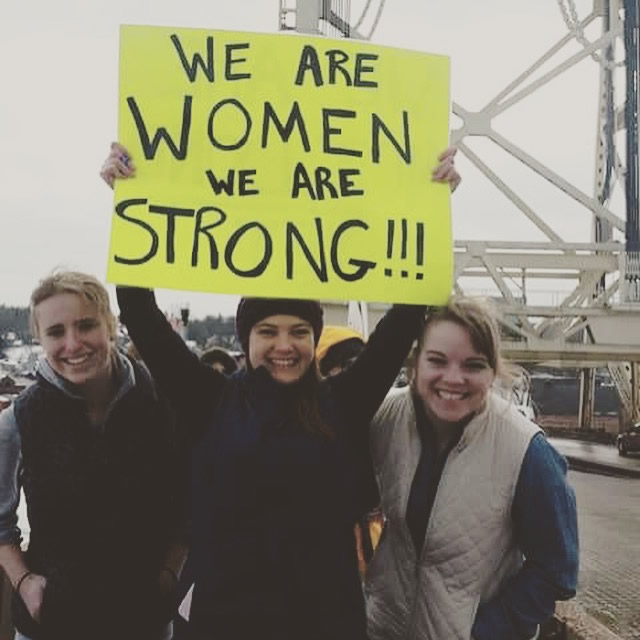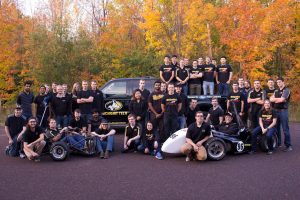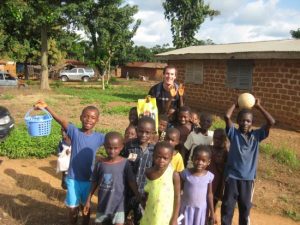The Fund for American Studies is currently accepting applications for full scholarships to attend Summer 2018 programs in Washington, D.C. through their Leadership Scholars Program.
The Institutes are eight week summer academic internship programs sponsored by The Fund for American Studies in partnership with George Mason University. The programs offer undergraduate students a first-hand look at the U.S. political system through:
- An internship placement
- Courses for credit in economics and government
- Exclusive lectures, briefings and professional development seminars
- Housing in the heart of Washington, DC
Pavlis Honors College students may receive priority admission and scholarship consideration along with other NCHC members. You are encouraged to apply by the priority deadline of February 7, 2018.
The goal of these programs is to help students close the gap between theory and practice by developing skills to work on today’s most pressing global and domestic policy issues. The Fund for American Studies is committed to providing an educational experience that will prepare students for a successful career in domestic, economic, or foreign policy and beyond.
Scholarship funding is still available and students should apply by the final deadline of March 13, 2018. Visit www.DCinternships.org for more information on admission and program requirements.
